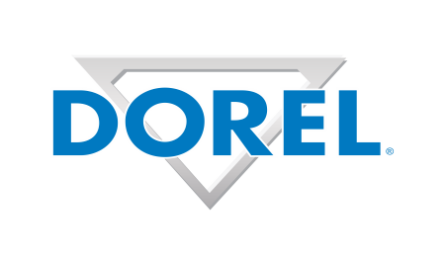Fined with three associates for insider trading
STELLENBOSCH, South Africa — Markus Jooste the former CEO of Steinholff International, and three of his associates were fined the equivalent of $14.9 million by South Africa’s Financial Sector Conduct Authority for insider trading, according to Reuters and other national reports.
Steinhoff is the parent company of Houston-based Mattress Firm, which, acquired in 2016, would come to play a significant role in Steinhoff’s financial troubles.
The fines stem from an FSCA investigation into text messages Jooste sent to four friends Nov. 30, 2017, warning them before the stock price cratered over an accounting scandal.
Earlier in October, the Johannesburg Stock Exchange fined Steinhoff the equivalent of about $830,000 for listing irregularities, including publishing false and misleading information.
Reuters reported, “Steinhoff has suffered hefty losses and a stream of lawsuits since revealing holes in its accounts in December 2017, the first sign of a fraud estimated to total $7 billion and from which it is still battling to recover.”
Mattress Firm, filed for Chapter 11 bankruptcy protection in October 2018, restructured and emerged before the year was out. It has been rebounding now for two years, but the FSCA penalty order (which can be viewed in full here) offers insight into the retailer’s earlier struggles, how it became embroiled in Steinhoff’s accounting irregularities and how it ultimately played a role in Jooste’s downfall.
Jooste “acknowledged to the Authority’s investigators that Mattress Firm was one of the two biggest mistakes made by Steinhoff, and described it as a ‘disaster’” according to the FSCA report. The other mistake wasn’t disclosed.
“Mr. Jooste claimed that, during August 2017, it was discovered that lease agreements for stores were inflated. Rent holidays were negotiated for a few years and thereafter rentals at highly inflated prices became owing and payable. Such leases would then also be signed for a long term with substantial yearly escalations.”
Pages 12 through 21 of the report discuss Mattress Firm, noting, among other things, how Jooste was confronted with its financial underperformance about a year after the acquisition.
Mattress Firm was expected to do $3.8 billion in sales and to represent 3.3 billion euros of Steinhoff Group’s projected 17 billion euros in income for the 2017 financial year.
“However, contrary to these predictions, in the first quarter, sales were down by $38.9 million and a loss of $75.6 million (representing a 4.5% negative variance to budget) had been suffered.
The report noted the cancellation Mattress Firm’s supply agreement with strategic supplier Tempur Sealy, (a relationship that was later restored), “which gave rise to legal battles,” and the huge cost of converting branding to its new supplier partner.
Meanwhile, the message Steinhoff was sending to the market, “would not have created any cause for alarm,” the report said.
Investigations also showed two contributions made to Mattress Firm by subsidiary Steinhoff Europe AG were reflected as income and “falsely created the impression that Mattress Firm was making a profit while it was in fact suffering significant losses,” the FSCA report said.
In his mitigation submissions to the imposed penalties, Jooste contended he should not be punished for the collapse of Steinhoff.
“Mr. Jooste did not benefit financially or otherwise from the insider trading,” the report said, referring to his submissions. “On the contrary, he lost directly and indirectly billions of Rands as the value of his Steinhoff shares plummeted. He lost his position as CEO of Steinhoff whilst he still has dependents, including his children, the youngest of whom still lives with him at home.”




